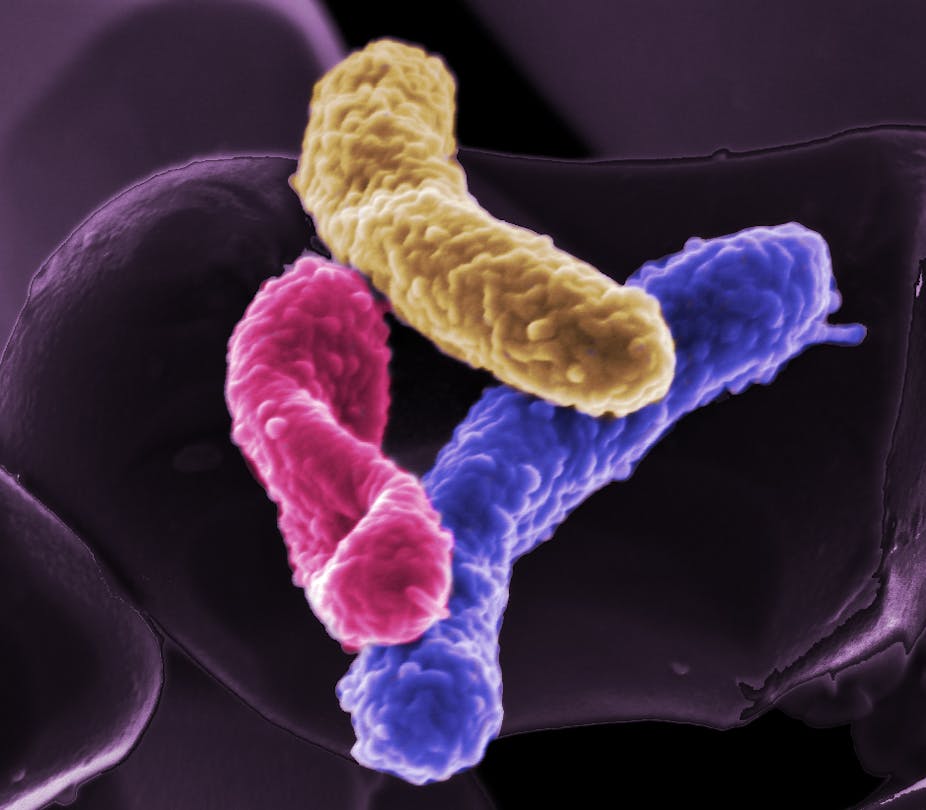Probiotics can alleviate the symptoms of autism-like disorders in mice, according to a US study published today in the journal Cell. The findings have the potential to guide the search for autism spectrum disorder treatments in humans.
Gastrointestinal disorders such as inflammatory bowel syndrome are associated with autism spectrum disorders, but it’s not known whether one is a cause or an effect of the other.
The authors of the study published today used the link between autism spectrum disorders and gut disorders to demonstrate that changing the gut bacteria in mice can have a positive effect on autism-like behaviours, such as anxiety and difficulty communicating and socialising.
Professor of Child Health Andrew Whitehouse said the most interesting part about the study was the amelioration of the symptoms after probiotic use.
“We have known for many years that the gut flora is incredibly important in normal human development. The fact that we are finding in animals that behaviours can be modified based on that flora is incredibly exciting,” Professor Whitehouse said.
The research focused on the link between infection and inflammation in pregnant mice and the increased likelihood of their offspring suffering from both autism-like behaviours and gastrointestinal problems.
Treating offspring affected by both with bacteria found in a healthy gut corrected gut problems as well as alleviating autism-like behaviours, such as high anxiety levels.
But associate professor Andrew Holmes, leader of the gut microbiome node of the Charles Perkins Centre at the University of Sydney cautioned against putting too much emphasis on the probiotic focused on in the study. Instead, he said, the focus should be on the finding of an interface between the gut and the rest of the body.
“The observation that intervention in early childhood in a way that manipulates the gut-brain axis offers enormous potential for autism spectrum disorders, but there is no evidence that a specific probiotic can do that,” he said.
Probiotics are live micro-organisms that can have health benefits when consumed. They replace or add to the good bacteria normally found in the gastrointestinal tract.
They are already used in clinical practice to assist the development of babies born prematurely who have immune deficiencies.
While both commentators and the study authors urge caution about the results because the study has only been conducted in mice, the findings linking some autism spectrum disorder symptoms to the gut suggests probiotics can play a therapeutic role alleviating symptoms.
While it is difficult to extrapolate results found in tests with mice to humans, Professor Whitehouse said, the results have the potential to guide new autism research.

